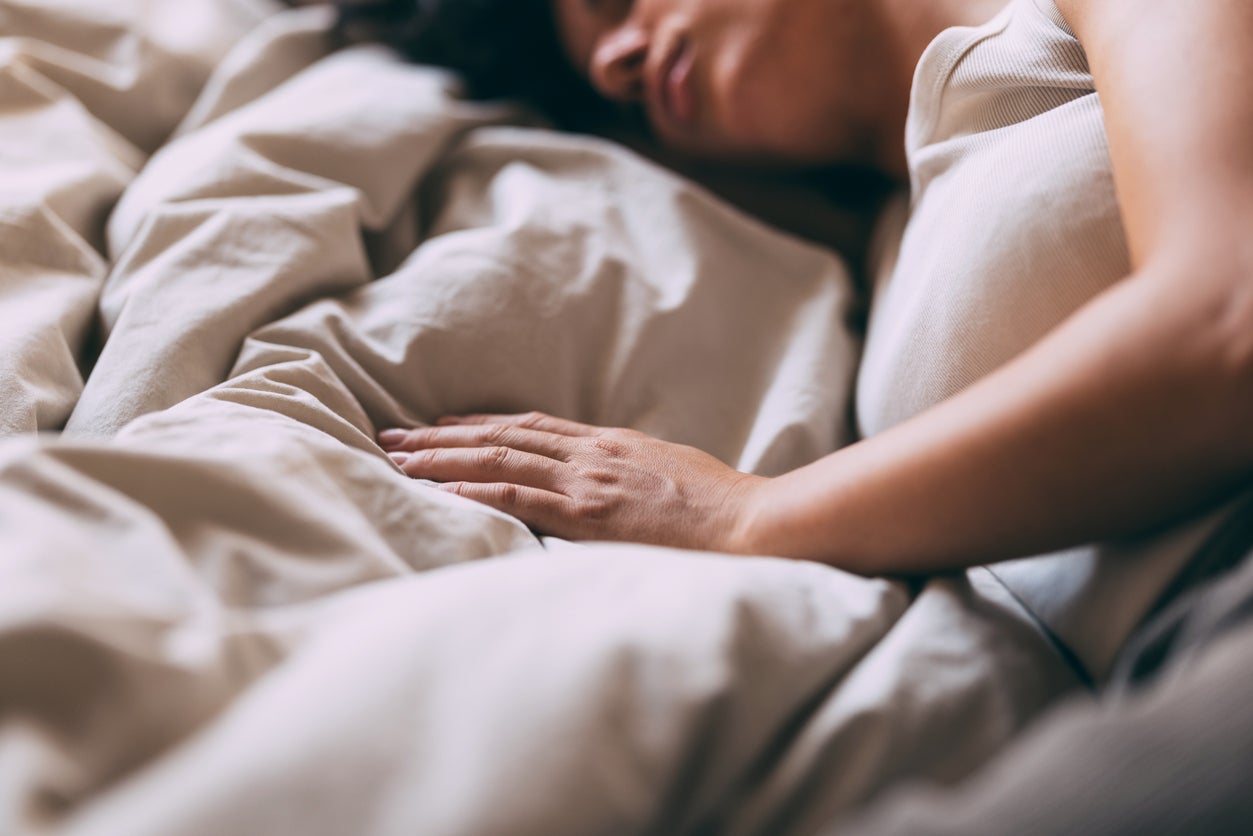ARTICLE AD BOX
Trying to get a good night of shut-eye can be trickier than it looks.
Juggling sleep, fitness, work and time with friends and family can be exhausting. Often, sleep is what is sacrificed, despite its numerous health benefits.
In the U.S., nearly 40 percent of adults between the ages of 45 to 64 report not getting enough sleep, according to a 2022 survey by the Centers for Disease Control and Prevention.
While there are many ways to improve sleep, researchers say that exercise can make falling asleep easier. Movement helps to support the body’s internal clock and regulation of function. Fitness also improves heart health, reduces the risk of chronic disease and boosts overall well-being.
So, when is the best time to work out?
At night doesn’t seem right
Doctors say that working out at night doesn’t seem right -- although there are other factors to consider, including schedules and habits.
Exercise causes the body to release endorphins that keep people awake. It also raises the core body temperature.
“The effect of exercise in some people is like taking a hot shower that wakes you up in the morning,” Dr. Charlene Gamaldo, medical director of Johns Hopkins Center for Sleep at Howard County General Hospital, said.

Whereas, getting exercise early in the morning helps to align the body’s natural rhythms with the day-night cycle.
“The reason for this is that when we wake up from a night of restful sleep, our sleep drive has been depleted and we are setting our circadian rhythm by getting good light exposure,” Dr. Andrew Colsky, sleep science expert and founder of National Sleep Center, told Real Simple.
“Our sleep drive works in conjunction with our circadian rhythm, which begins to produce higher levels of melatonin as the light decreases,” he added.
Working out in the afternoon could work well, too, stimulating the earlier release of the hormone melatonin. Melatonin, which is produced by the brain, helps to regulate the sleep cycle.
“Research has found that if you do vigorous exercise in the evening, it delays the production of melatonin the next night, making it harder to fall asleep,” Carol Harrison, a senior exercise physiologist at MD Anderson, explained. “What’s surprising is that the change happens so quickly, after only one night of exercise.”
Still, there’s an added benefit to sleep whenever people exercise.
“Whether it’s in the early morning or close to bedtime, they’ll see a benefit to their sleep,” said Gamaldo.

Just a few minutes can pack a punch
How much fitness is necessary to see a difference?
People who spend at least 30 minutes on moderate aerobic exercise may see an immediate difference.
“It’s generally not going to take months or years to see a benefit,” said Gamaldo. “And patients don’t need to feel like they have to train for the Boston Marathon to become a better sleeper.”
The CDC says adults need at least 150 minutes of moderate-intensity physical activity a week and two days of muscle-strengthening activity. That could mean just 30 minutes a day for five days.
“Even walking for 30 minutes five times a week will improve sleep over time,” Dr. Danielle Wall, an internal medicine physician at the University of Vermont, said. “The impact may not always be immediate, but after a few weeks, most people notice they fall asleep faster, awake fewer times throughout the night, and wake up feeling more rested.”









 English (US) ·
English (US) ·